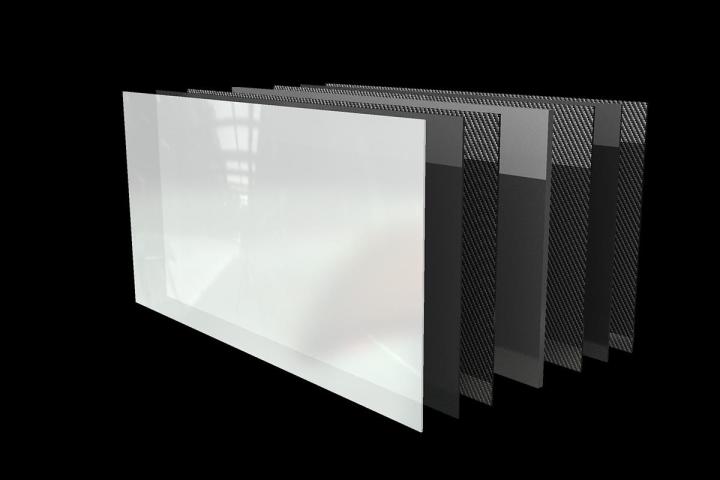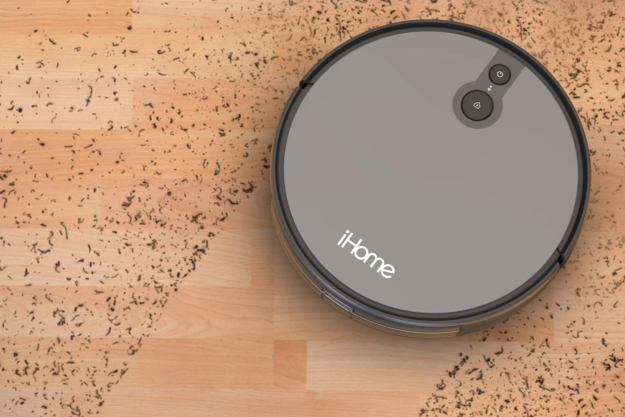
The couple was left without a proper way to heat their home and short $10,000. Unfortunately, Complete Energy Europe wasn’t answering its phones nor responding to emails when Mirror published its article. The firm’s postal address leads to an unrelated law firm, the article also points out.
Several other customers spoke out on the forum website A Spokesman Said, saying Complete Energy Europe failed to deliver on a promised heating system and is difficult, if not impossible, to get ahold of.
As Xefro’s website seems no longer active, we reached out to Complete Energy Europe for more information and will update the article if we hear back.
Original article: More people are looking for ways to cut back in energy usage in any way they can, especially after the frigid winter much of the U.S. just experienced. One U.K. startup may provide new options with graphene.
Xefro has created a graphene-based heating system that can reduce energy costs up to 70 percent, according to IEEE Spectrum. Furthermore, it can quickly switch on and off, thanks to graphene’s minimal thermal energy. The company claims that its product, known as gRAD, is the first of its kind to use graphene as a heating element.
Graphene is composed of a single layer of carbon atoms arranged in a honeycomb shape, making it thin yet incredibly strong. It has excellent properties as a heat conductor. The high surface area of graphene makes it perfect for emitting infrared. This means that it doesn’t need to generate a hot surface temperature in order to function, making it a safer option than a standard heater.
Xefro has also created a mobile app for you to use to control your products. The app is designed for smartphones tablets, desktop computers, and laptops (although no operating systems have been named just yet). “The energy savings come when the heaters are deployed as a system throughout a building,” says Harper. “The heaters are linked with the control system via Wi-Fi, allowing the system to learn your behavior as well as the optimum heating required to maintain a comfortable temperature.”
The heating system will be available starting in July 2015 in the U.K. but there are no pricing details. There will be further expansion to other markets later this year.
Editors' Recommendations
- The UN wants your air conditioning to stop heating up the planet
- U.K. lawmakers will use Zoom to create a virtual Parliament


